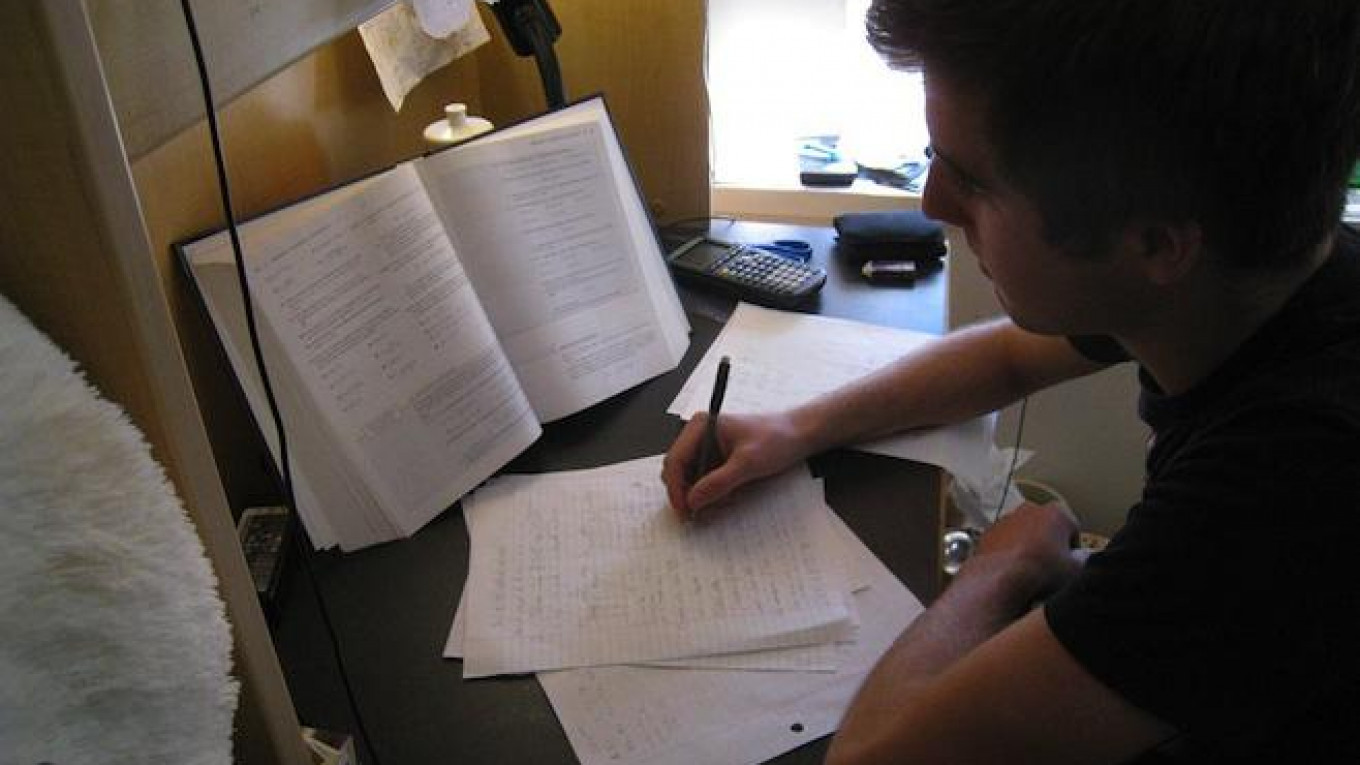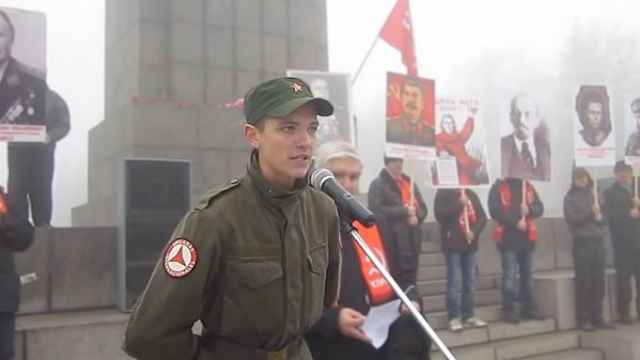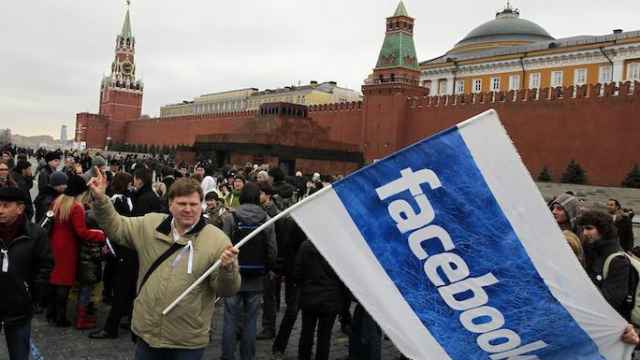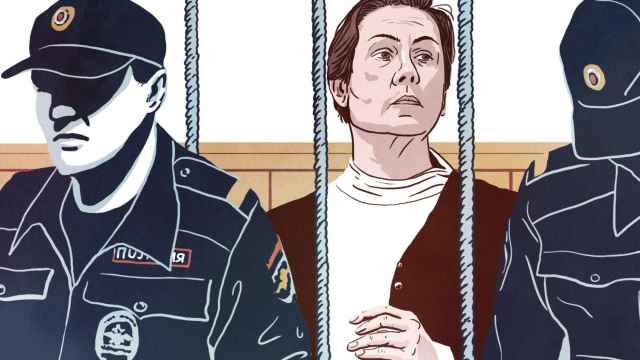A Russian federal agency plans to uncover "extremist" beliefs among Russian students, taking the battle against terrorism to some of the country's youngest citizens.
Russia's Federal Agency for Nationalities (FADN) is currently working with the Interior Ministry to prepare a survey system that will help fight extremism among vocational school and university students. The program's goal is to identify those students who hold extremist beliefs or might be susceptible to them, the Vedomosti newspaper reported.
Valentina Laza, FADN's lead consultant for monitoring, analysis, and forecasting, announced the project at a forum called "The Russian Caucasus: Territory of Unity." Currently the Moscow city government has agreed to the plan, and the program will be tested in the capital, before expanding throughout the country.
The Education Ministry's press service told Vedomosti that it support measures aimed at preventing extremism and "anti-social" activities among children and youth. However, the Ministry stressed that any surveys of students must be carried out "on a voluntary basis with the individuals' consent." The Interior Ministry declined to comment on the matter.
A number of Russian educational institutions have already begun taking preventative measures against extremism and terrorism. In Pyatigorsk, for example, university freshmen take part in a counter-terrorism workshop that will soon be expanded to the Stavropol region and, eventually, to the whole North Caucasus Federal District.
However, the proposed survey raises questions, Student Ombudsman Artyom Khromov said.
"Will it be voluntary? Who will have access to this information, and, most importantly, what will happen to a student who is determined to be a potential extremist?" Khromov asked.
Alexander Verkhovsky, director of the Sova anti-extremism research center, suggests that the problem lies in the interpretation of the survey's results.
"For example, a person says that he is a Muslim, that he observes the rituals, but he is critical of, say, a regional mufti. [Those analyzing the survey] may consider him a member of some kind of underground youth movement," Verkhovsky explained. "But it may turn out he just has a critical attitude to everyone."
A Message from The Moscow Times:
Dear readers,
We are facing unprecedented challenges. Russia's Prosecutor General's Office has designated The Moscow Times as an "undesirable" organization, criminalizing our work and putting our staff at risk of prosecution. This follows our earlier unjust labeling as a "foreign agent."
These actions are direct attempts to silence independent journalism in Russia. The authorities claim our work "discredits the decisions of the Russian leadership." We see things differently: we strive to provide accurate, unbiased reporting on Russia.
We, the journalists of The Moscow Times, refuse to be silenced. But to continue our work, we need your help.
Your support, no matter how small, makes a world of difference. If you can, please support us monthly starting from just $2. It's quick to set up, and every contribution makes a significant impact.
By supporting The Moscow Times, you're defending open, independent journalism in the face of repression. Thank you for standing with us.
Remind me later.






